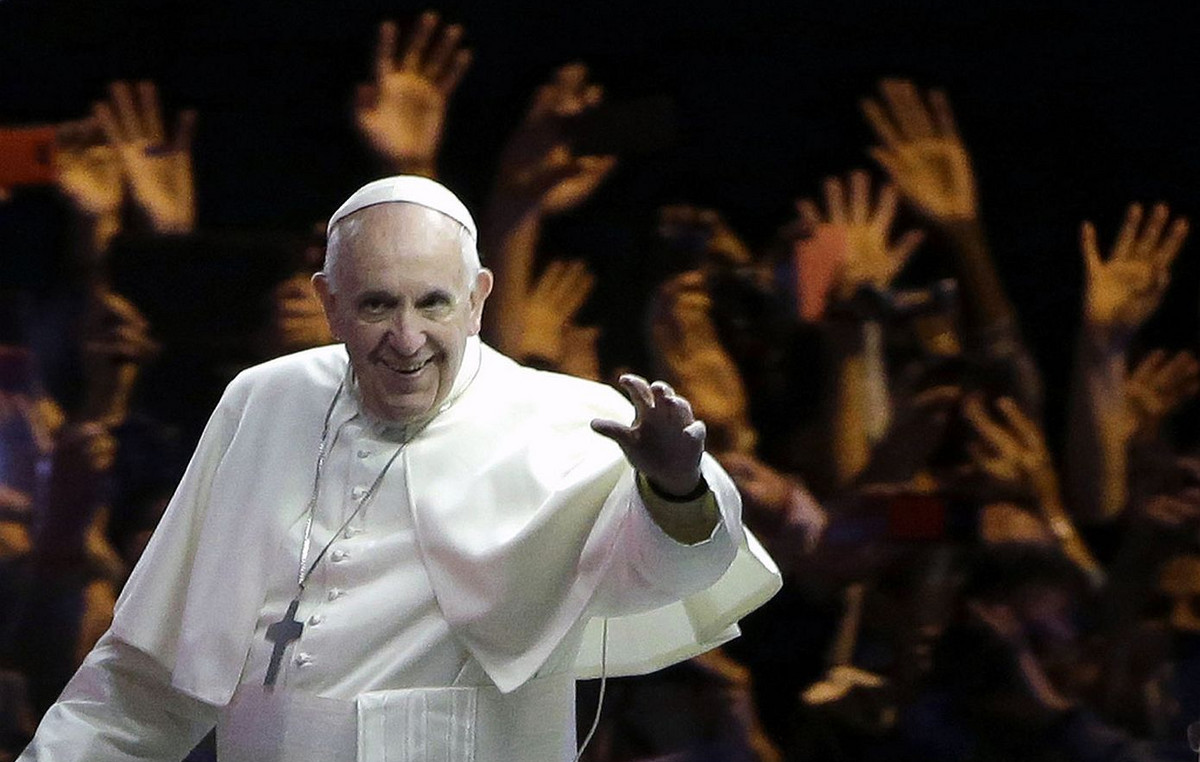US Secretary of Defense, Pete Hegseth, described Japan on Sunday as indispensable for dealing with Chinese aggression and said the implementation of a plan to update US military command in the country would begin.
“We share a warrior ethos that defines our strengths,” Hegseth told Japanese Defense Minister Gen Nakatani at a meeting in Tokyo. “Japan is our indispensable partner to determine Chinese communist military aggression,” including through the Taiwan Strait, he said.
Calling Japan a “cornerstone of peace and safety in the Indo-Pacific”, he said that President Donald Trump’s government would continue to work closely with his main Asian ally.
In July, then -President Joe Biden’s White House announced a major reformulation of the US Military Command in Japan to deepen the coordination with Tokyo forces, while the two countries labeled China as their “biggest strategic challenge.”
This change will put a combined operational commander in Japan, which would be a counterpart of the head of a joint operation command established by Japan’s self -defense forces last week.
Hegseth’s compliments to Japan contrast with the criticism he made to the European allies in February, saying that they should not assume that the US presence would last forever. Trump complained that the Bilateral Defense Treaty, in which Washington promises to defend Tokyo, is not reciprocal. In his first term, he said Japan should pay more to host US troops.
Japan hosts 50,000 US military, fighter squads and the only Washington advanced aircraft carrier attack group over an East Asian archipelago of a 3,000 km that limits Chinese military power.
This occurs while Japan doubles military spending, including money to buy long -range missiles. The operational scope of his forces, however, is limited by the US authorship constitution, adopted after his defeat in World War II, which waives the right to make war.
Hegseth and Nakatani have agreed to accelerate a plan to jointly produce air-to-air missiles beyond visual reach and consider collaboration in the production of SM-6 surface defense missiles to help relieve the scarcity of ammunition, Nakatani said.
Hegseth said he asked his counterpart greater access to the Southwest Japan strategic islands along the edge of the disputed Southern China Sea, near Taiwan.
The Chinese Foreign Ministry did not immediately respond to a request for comment.
Signal chat
Hegseth, on his first official visit to Asia, traveled from the Philippines to Japan. On Saturday, he attended a memorial service in Iwo Jima, the 80s behind fierce combat between US and Japan forces.
His trip was overshadowed by revelations that he sent by text message the details of the imminent US attacks on Yemen in a Signal Message Application group that included Jeffrey Goldberg, Chief Editor of Atlantic magazine, along with National Intelligence Director Tulsi Gabbard, Cia John Ratcliffe and National Security Counselor Mike Waltz.
On Sunday, Hegseth did not answer a question about whether he had posted confidential information to the group.
Gabbard told Congress on Tuesday that the Secretary of Defense would be the only one to determine which defense information is confidential.
This content was originally published in US reaffirm military support to Japan: “indispensable partner” on the CNN Brazil website.
Source: CNN Brasil
Bruce Belcher is a seasoned author with over 5 years of experience in world news. He writes for online news websites and provides in-depth analysis on the world stock market. Bruce is known for his insightful perspectives and commitment to keeping the public informed.







